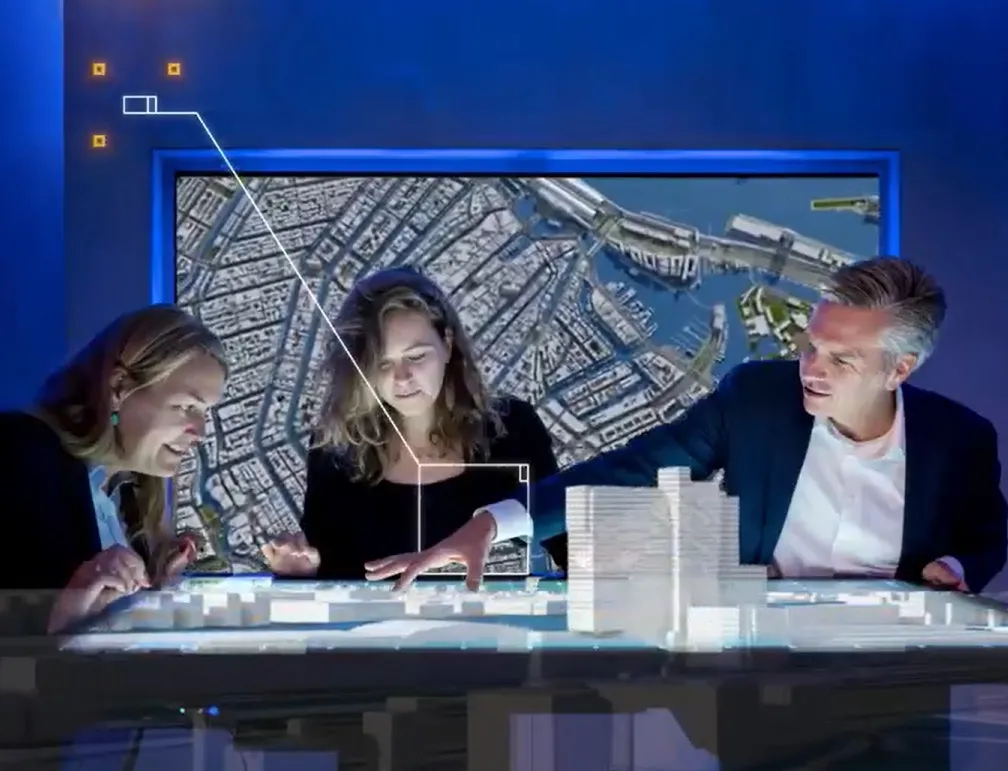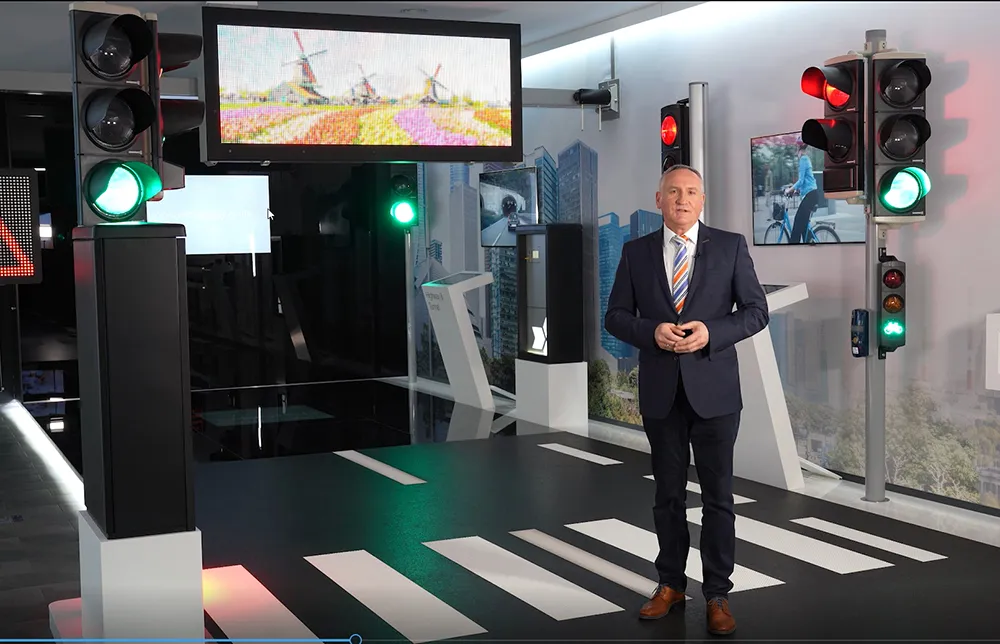The launch of calls for proposals and related activities under the Horizon 2020 work programmes for 2014-15 has been announced. The launch of these calls also marks the launch of Civitas 2020, the next phase of the Civitas initiative which is designed to strengthen sustainable urban mobility across and beyond Europe.
The first call, Mobility for Growth, focuses on innovation and technology projects in air, rail, road and waterborne transport, logistics, intelligent transport systems and infrastructure.
December 12, 2013
Read time: 2 mins
The launch of calls for proposals and related activities under the Horizon 2020 work programmes for 2014-15 has been announced. The launch of these calls also marks the launch of 6610 Civitas 2020, the next phase of the Civitas initiative which is designed to strengthen sustainable urban mobility across and beyond Europe.
The first call, Mobility for Growth, focuses on innovation and technology projects in air, rail, road and waterborne transport, logistics, intelligent transport systems and infrastructure. A key component of this call is urban mobility, which covers topics from tackling road congestion and reducing impacts of freight to transforming the use of conventionally fuelled vehicles in urban areas.
The second call, Green Vehicles promises to advance electric vehicle technologies, which includes developing the next generation of competitive lithium ion batteries, meeting customer needs in this area and optimising energy management in electric vehicles. Projects under this call are set to advance natural gas powertrains and improve hybrid technologies.
The third call, Small Business and Fast Track Innovation for Transport will help small businesses upgrade their innovation research in the transport field and set them on the fast track to innovation.
The first call, Mobility for Growth, focuses on innovation and technology projects in air, rail, road and waterborne transport, logistics, intelligent transport systems and infrastructure. A key component of this call is urban mobility, which covers topics from tackling road congestion and reducing impacts of freight to transforming the use of conventionally fuelled vehicles in urban areas.
The second call, Green Vehicles promises to advance electric vehicle technologies, which includes developing the next generation of competitive lithium ion batteries, meeting customer needs in this area and optimising energy management in electric vehicles. Projects under this call are set to advance natural gas powertrains and improve hybrid technologies.
The third call, Small Business and Fast Track Innovation for Transport will help small businesses upgrade their innovation research in the transport field and set them on the fast track to innovation.









